Resources
When A Death Occurs
In the immediate aftermath of a loved one's passing, numerous decisions must be addressed. During this period, emotions may run high, making it beneficial to seek assistance in navigating the decisions and arrangements. Moreover, the compassionate staff at the funeral home is ready to support you and your family in making informed decisions. This guidance can help you navigate the process with greater ease and clarity.

Slide title
Write your caption hereButton
Contact The Proper Authorities
Before proceeding with any arrangements or decisions, it is essential to obtain a legal pronouncement of death by contacting the proper authorities. If your loved one passes away in a medical or nursing facility such as a hospital or nursing home, the facility's staff will manage this process. However, if your loved one passes away at home, you must promptly contact local emergency officials to transport them to a hospital where they can be officially pronounced dead. Individuals who pass away under hospice care can be pronounced dead by hospice staff. This legal declaration is necessary before the family can proceed with making funeral arrangements or addressing any legal matters.
Begin To Make Arrangements
Once your loved one has been declared deceased, you and your family can proceed with arranging the funeral. If your loved one had pre-planned any services, you should explore those options first. However, if no prior arrangements were made, and you have selected a funeral home for the services, you will need to contact them to schedule a meeting with the funeral director to discuss available options.
During this period, if the deceased did not express their final wishes, the family will need to make decisions regarding burial or cremation, as well as the type of service to be held. These decisions encompass the timing, date, and location of the service; the choice of casket or urn; composing an obituary notice; selecting pallbearers; and arranging the specifics of the service, such as the officiant, music, and speakers. As part of the funeral arrangement process, if the deceased was a veteran, it's advisable to contact the Veterans Administration to inquire about any available death benefits or service options.
Information Funeral Directors May Need
After meeting with the funeral director, they will inform you of any necessary information or documentation needed for obtaining the death certificate and proceeding with final arrangements
Information Required:
- Full name and address
- Marital status
- Race/Ethnicity
- Date and city of birth
- Highest level of education
- Father’s name, mother’s maiden name
- Name of spouse
- Occupation and employer
Documents Funeral Directors May Need
Funeral directors will need important documents to complete any legal paperwork. These documents include:
- Account statements
- Beneficiary designations
- Life insurance policies
- Military Discharge papers (form DD 214)
- Social Security Number
Taking Care Of Personal Property
Following the passing of your loved one, there are several practical matters to address concerning their personal affairs. Firstly, ensure the security of your loved one's property by properly securing their home and vehicle. If your loved one had a pet, arrange for their care with family or friends. Redirect any mail addressed to your loved one to a family member responsible for managing the deceased's estate, as accumulated mail at an unattended property may attract unwanted attention. Additionally, inform your loved one's employer of their passing and cancel any upcoming appointments they had scheduled.
Galbreaith Pickard Funeral Chapel and Cremation Services
Galbreaith Pickard Hilltop Chapel
A Year of Grief Support
Sign up for one year of weekly grief messages designed to provide strength and comfort during this challenging time.
Please wait
Verifying your email address
Please wait
Unsubscribing your email address
You have been unsubscribed
You will no longer receive messages from our email mailing list.
You have been subscribed
Your email address has successfully been added to our mailing list.
Something went wrong
There was an error verifying your email address. Please try again later, or re-subscribe.
View information for consumers relating to the purchase of preneed funeral contracts including descriptions of the trust and insurance funding options available under state law. Complaints concerning perpetual care cemeteries or prepaid contracts should be directed to: Texas Department of Banking, 2601 N. Lamar Blvd., Austin, TX 78705; 1-877-276-5554 (toll free); https://www.prepaidfunerals.texas.gov/


